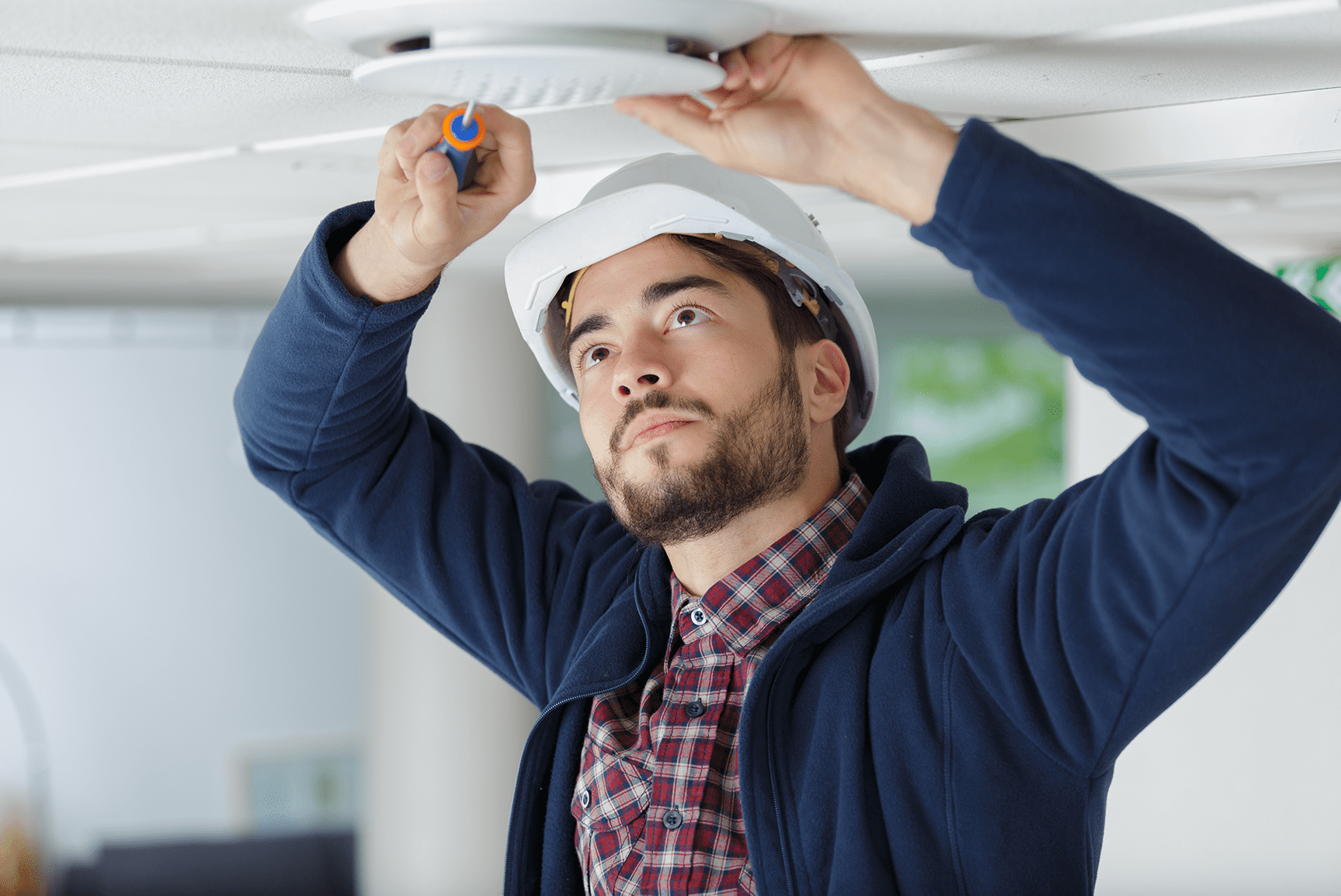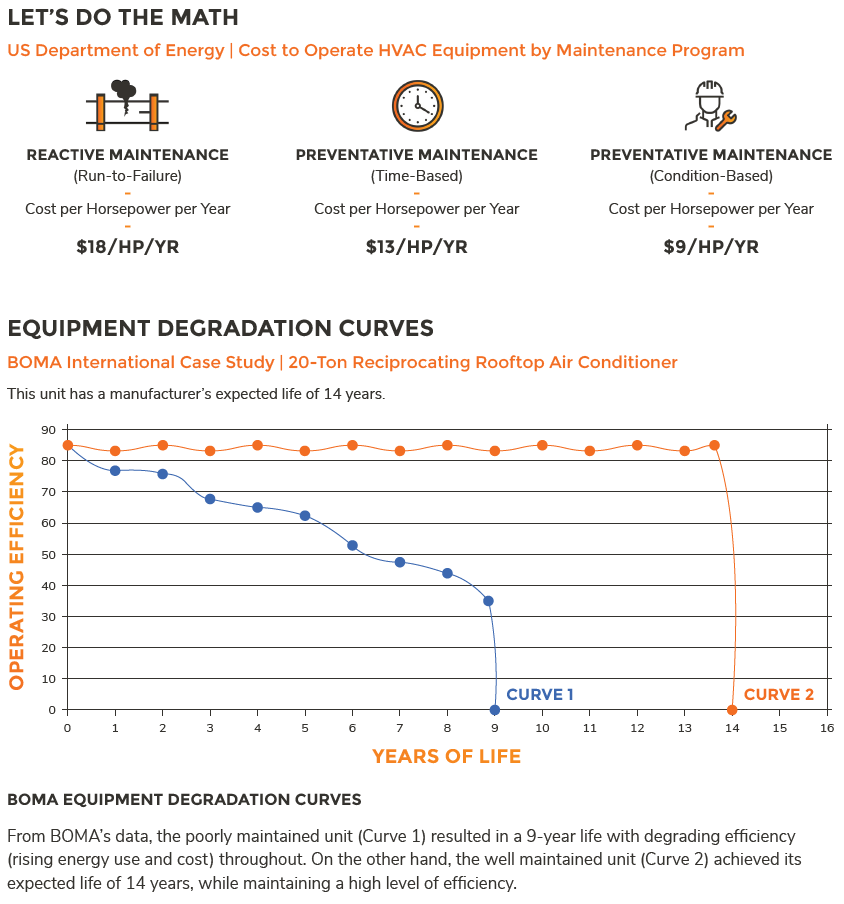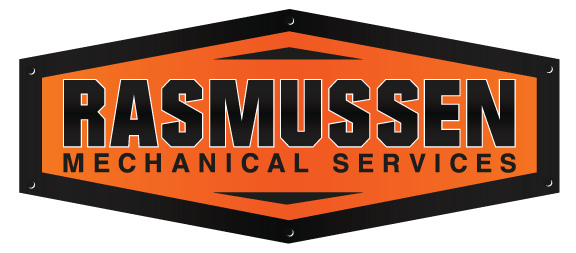With many businesses grasping at their purse strings due to uncertainty surrounding Covid-19, it is harder than ever for facility managers to take care of their mechanical equipment.
This is also why it is more important than ever to implement cost saving strategies and prevent major expenses from arising. In this article we discuss how to manage through some common equipment scenarios being faced by owners and facility managers today.
4 Important Questions To Ask Yourself
1.Is My Equipment Over 10 Years Old? If yes, you may be able to provide significant cost savings to your facility by retrofitting existing equipment.
2. Are Tenants Or Customers Looking For Me To Improve Indoor Air Quality Due To Covid-19? Then it’s time to look into UV light systems, filtration and adjusting airflow rates.
3. Is Maintenance Being Neglected To “Save Money”? If so, it’s time to run the numbers and understand the financial impact of this decision.
4. Is My Operating Budget Going To Be Scrutinized? Benchmarking your energy performance may be a good place to start.
1. My Equipment Is Over 10 Years Old


Additional questions to ask when considering retrofits:
- Is the system critical?
- Is there redundancy built into the system in the event of failure?
- What level of efficiency are you currently receiving from the equipment?
- How and to what degree has the system been maintained?
Some common retrofit applications include:
For Chillers:
- Replace old screw compressors with newer higher efficient compressors
- Add condenser fan controls that incorporate floating high-pressure controls with variable frequency drive operation on air cooled chillers.
- Etc.
For Package Units:
- Air-Side Economizers
- Variable Frequency or Speed Drive
- Demand Control Ventilation
- Etc.
For Boilers:
- Economizers
- Oxygen Sensors and Transmitters
- Variable Speed Drives
- High Turndown Burner
- Etc.
For Air Compressors:
- VFD Controls
- Test for air leaks in piping and fittings
- Pressure Controls
- Etc.
Whether retrofits make sense or replacing the unit is a better option it is important to take advantage of the Federal HVAC tax credit.
2. Tenants And Customers Are Looking To Me To Improve Indoor Air Quality
ASHRAE’s Epidemic Task Force recently released a 41-page article to help educational buildings resume occupancy during Covid-19. This report is for educational facilities, but it applies to commercial buildings trying to improve indoor air quality as well.


- Increase Outside Airflow
- Disable Demand Control Ventilation
- Upgrade Your Filters
- Move Up Heating and Cooling Start Times
- Consider UV/C Lights In The HVAC System
- Understand Your Energy Recovery System
See the full article on how to slow the spread of Covid-19 in commercial buildings for a more in depth look into each of these items. If you are looking for additional information on the effectiveness of these techniques check out ASHRAE’s official statement on the Relationship Between COVID-19 and HVAC in Buildings.
3. Maintenance Is Being Neglected On My Equipment
If you run or manage a facility, you likely know that neglecting maintenance is a poor decision. But if you have to cut your budget should you consider cutting maintenance? The short answer is no. Studies on equipment performance, efficiency and lifespan all indicate that neglecting maintenance increases equipment cost significantly. Use the studies done by the US Department of Energy and BOMA International to help you make the financial case for continued maintenance.


Check out the full article: The Financial Case For Maintenance if you want a more detailed look at how equipment performance is affected by neglected maintenance.
4. My Operating Budget Is Being Scrutinized?


If you think your budget will be under scrutiny you want to start by benchmarking your equipment’s energy performance. This will provide you with two major benefits:
- Energy Use Justification: Benchmarking energy performance allows you to justify energy use by allowing you to compare your building to similar buildings its size.
- Equipment Performance Tracking and Improvement: With a tighter budget, benchmarking will allow you to track equipment performance over time and set targets for improvement. This lets you make real time adjustments on your equipment, ultimately leading to improved efficiencies and reduced energy consumption.
When benchmarking energy performance, you will want to take into account more than just energy consumption. Important factors to consider include current weather and temperature, ongoing tasks that affect energy usage, and energy pricing. This will allow for an accurate comparison to other buildings. Using this data, along with your energy use benchmark, will allow you to accurately compare your energy use and justify your budget.
Need Help?
If you’re looking for commercial HVAC services in Omaha, Council Bluffs, Denver, Sioux City, Sturgis, Gibbon, Lincoln or surrounding areas, contact us today!



